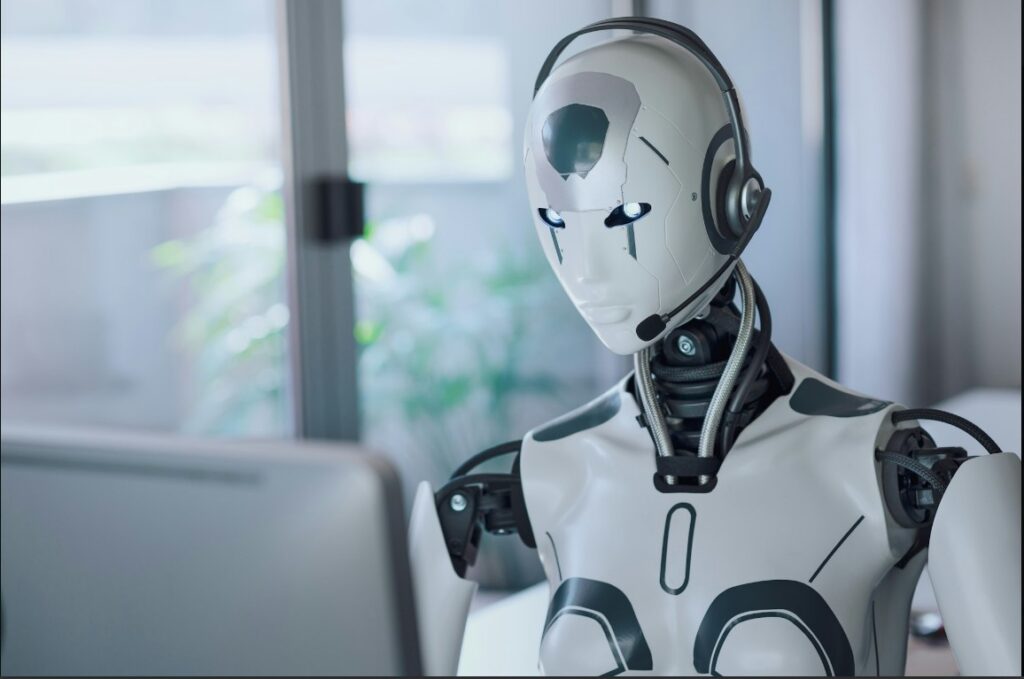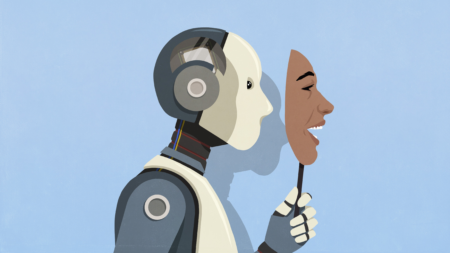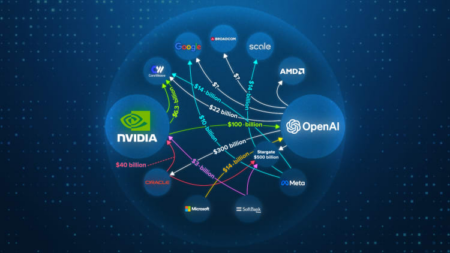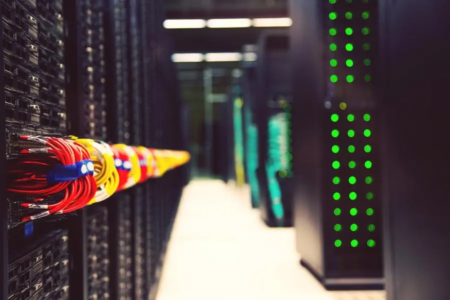At the beginning of 2025, analysts warned investors on Wall Street to prepare for a potential “AI Winter” — not necessarily a slowdown in hype or investment, but in real technological progress.
Recent developments suggest that this prediction may be taking shape.
What is the AI Winter?
The term AI Winter refers to a period when interest, funding, and progress in artificial intelligence slow down significantly due to unmet expectations or disappointing results.
It’s like a “cold season” for AI research and business:
- Investors pull back because returns are lower than hyped.
- Media attention fades, and excitement cools.
- Research slows, as funding and resources become limited.
This has already happened a few times in history:
- First AI Winter (1970s–80s): Early AI programs couldn’t deliver on big promises like human-level intelligence.
- Second AI Winter (late 1980s–1990s): Expert systems and early AI tools proved too costly and limited.
Factors that Led to AI Winter
Earlier this month, OpenAI, led by Sam Altman, released its long-awaited GPT-5 model.
But instead of excitement, the launch was met with lukewarm reviews.
Many early adopters criticized the tool’s limited improvements, forcing OpenAI to backtrack and reinstate older models.
Altman’s claim that GPT-5 was like “talking to a PhD expert” quickly became the subject of online mockery.
At the same time, AI-focused company CoreWeave Inc. saw its stock plunge more than 25% after issuing financial guidance that revealed slower revenue growth compared to its ballooning capital expenses.
The decline added fuel to skepticism surrounding the true profitability of the AI boom.
Muted Reception of GPT-5
A study by McKinsey & Company further underscores this uncertainty: while 80% of surveyed companies claim to be using generative AI, most reported little to no impact on net profits.
The muted reception of GPT-5 also gave critics new momentum.
AI expert Gary Marcus openly mocked the model’s failures, highlighting its inability to perform even basic tasks.
Meanwhile, Altman himself has toned down his use of the term “Artificial General Intelligence (AGI),” a phrase that once helped him raise billions from investors.
Is the AI Industry Entering a Cooling Phase, or is this Just a Temporary Setback?
Despite the backlash, tech giants tied to OpenAI — including Microsoft and Nvidia — remain largely unaffected, suggesting that investors still expect long-term value from AI innovation.
Analysts argue that while GPT-5’s mistakes, such as failing to spell “blueberry,” seem trivial, its incremental improvements in task performance could eventually prove useful in real-world applications.
Still, questions linger: Is the AI industry entering a cooling phase, or is this just a temporary setback? What truly matters is not benchmark scores, but practical applications that deliver real value to users and businesses.
The story of GPT-5 highlights an important truth — flashy demos and bold claims no longer impress investors or users.
Without measurable benefits, the so-called AI revolution risks facing a real winter.
Read Also: Is AI A Threat to IT Jobs and How Its Integration into Work Can Make Difference?








